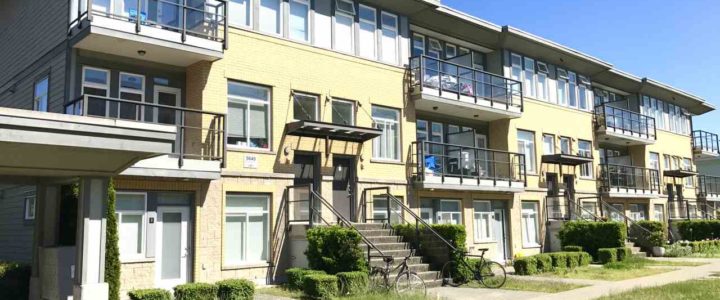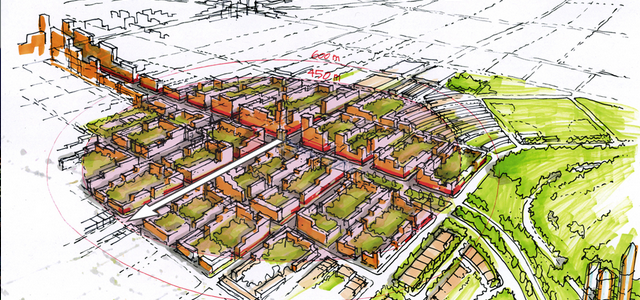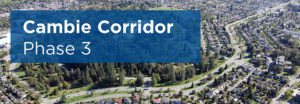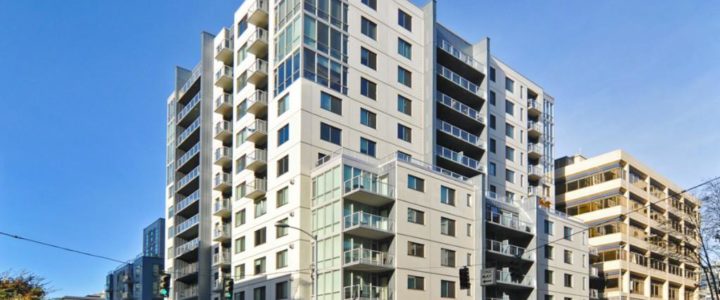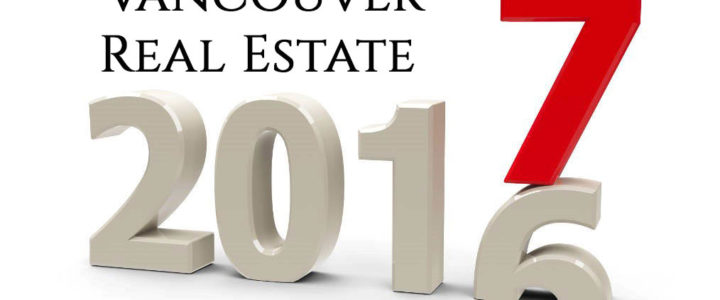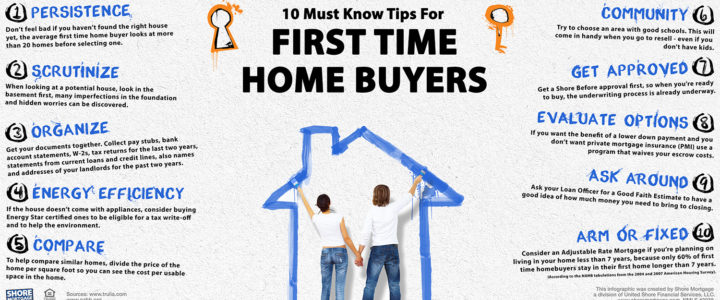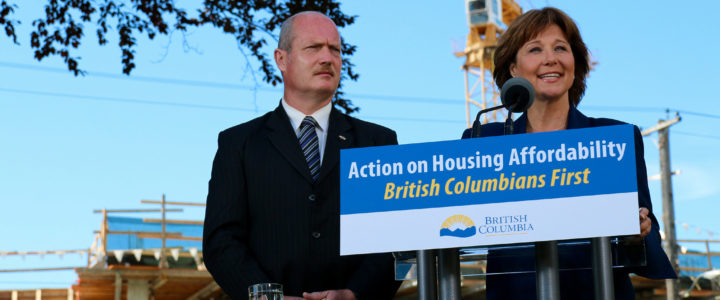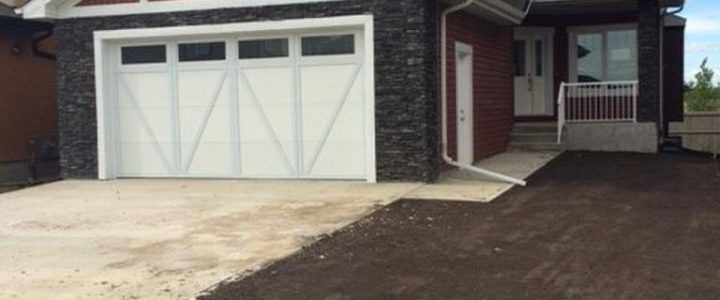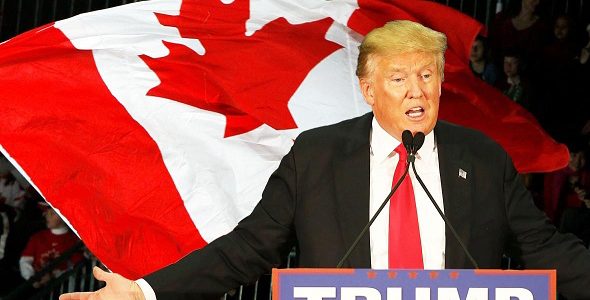The potential for rapidly dropping prices in southern Ontario is forcing appraisers to have a second look at properties they have already assessed to see how much the market has shifted.
Claudio Polito, a Toronto appraiser and principal owner of Cross-town Appraisal Ltd., says lenders basing mortgage decisions on value, as opposed to income and credit history, are really trying to stay on top of a market that appears to be changing rapidly.
By his estimates, prices in the Greater Toronto Area have dropped anywhere from five per cent to 15 per cent over the last 30 days. The next set of statistics from the Toronto Real Estate Board are due out Monday and will mark the first full month of data since provincial changes to cool the market that included a tax on foreign buyers.
“Lenders I deal with they want to know if your property is still worth $1 million if they are loaning you say $650,000,” said Polito. “They don’t base it on anything else. We have to be precise because it’s not a bank, (smaller lenders) can’t afford to lose a dollar.”
It wouldn’t be the first time, appraisals have lagged purchases prices — a phenomenon that previously caught some Vancouver buyers by surprise when it was time to close.


